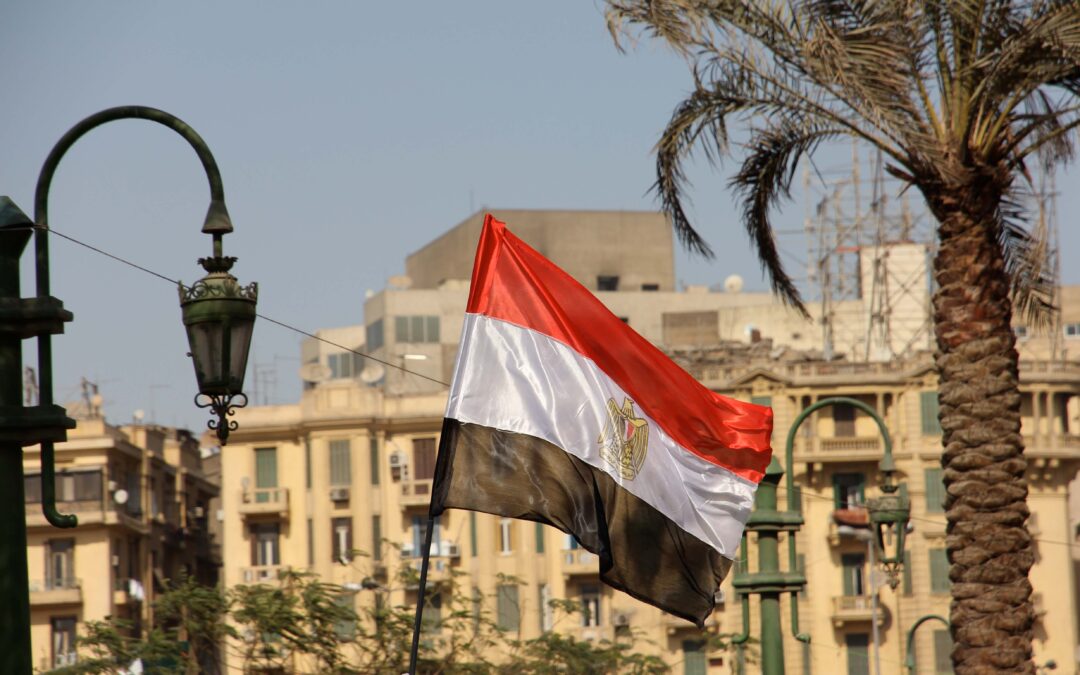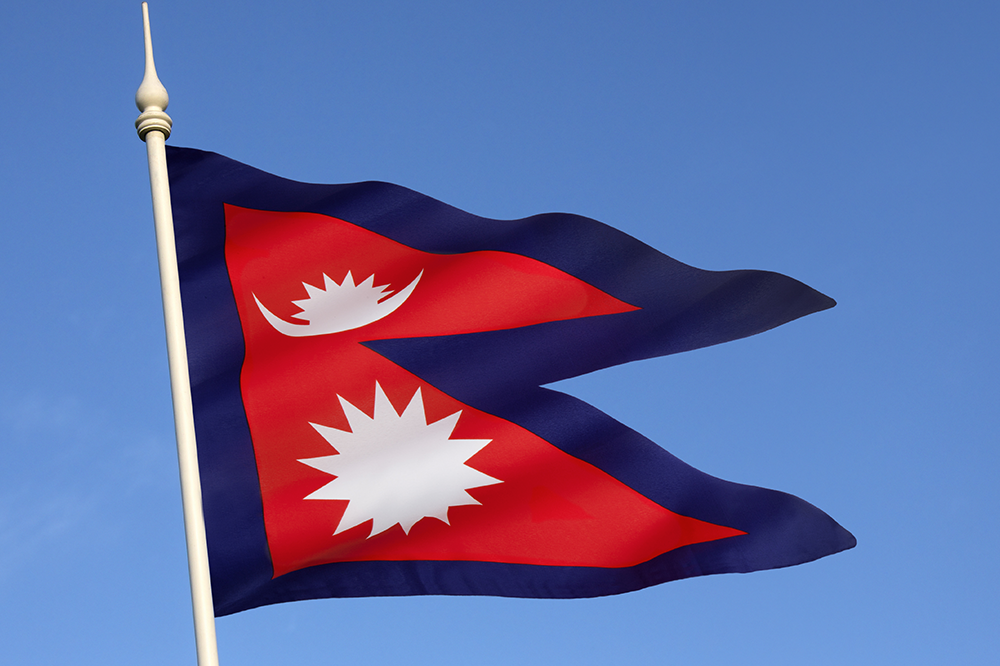

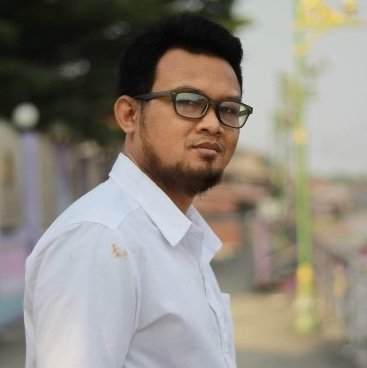
Thailand: The International Commission of Jurists submits a legal brief on the non-refoulement principle under international law in the extradition proceedings against Y Quynh Bdap
On 16 August 2024, the International Commission of Jurists (ICJ) submitted a legal brief (amicus curiae) to the Bangkok Criminal Court, in the context of the proceedings arising from Vietnam’s request to Thailand for the extradition of Y Quynh Bdap, a refugee...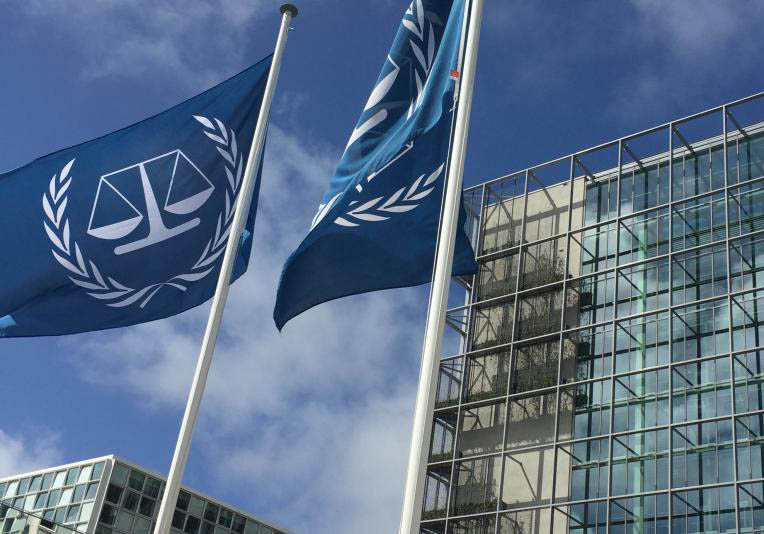
Palestine/Israel: ICJ makes submission to International Criminal Court in support of its jurisdiction over Israel’s Prime Minister Benjamin Netanyahu and Defence Minister Yoav Gallant
In amicus curiae observations submitted to the International Criminal Court (ICC) on 6 August 2024, the International Commission of Jurists (ICJ) argued that, under the Rome Statute, the Oslo Accords did not bar the Court from exercising its jurisdiction over crimes...
South Africa: Military Courts should be allowed to operate independently and without undue influence from political authorities
As the Constitutional Court begins deliberations in a highly consequential case concerning sexual abuse in the South African Military, the International Commission of Jurists (ICJ) has submitted argument that South Africa bears obligations under international law to ensure that courts and tribunals, including military courts, are competent, independent, impartial and allow for a fair and public hearing.
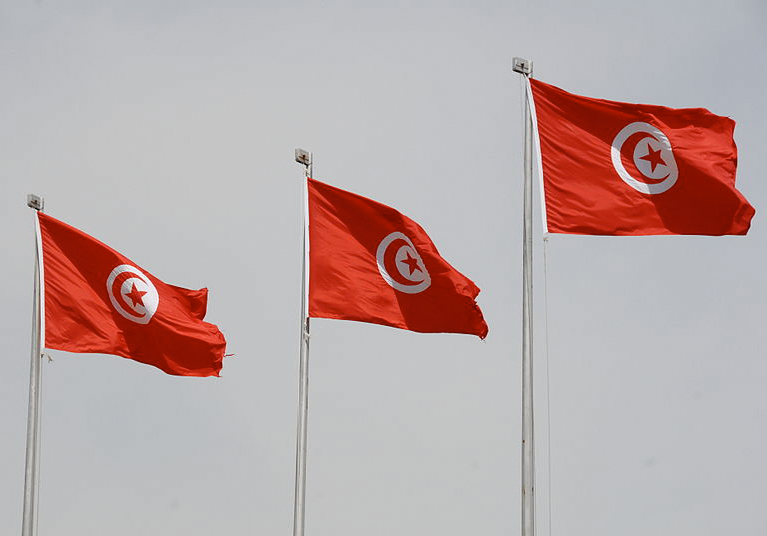
Tunisia: Immediately release Sihem Bensedrine, the Truth Commission’s former President
On 1 August 2024, an investigating judge of the Economic and Financial Judicial Pole at the Tunis Court of First Instance remanded Bensedrine in pre-trial detention following her interrogation on charges of “forgery” of the 2019 final report of Tunisia’s Truth and...